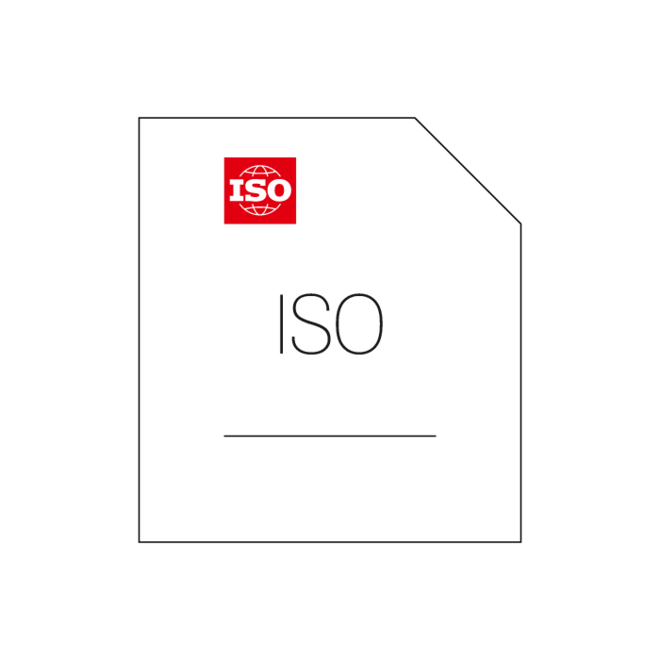

ISO 8423:2008
Issue date: 2008 08 27
Sequential sampling plans for inspection by variables for percent nonconforming (known standard deviation)
ISO 8423:2008 specifies sequential sampling plans and procedures for inspection by variables of discrete items. The plans are indexed in terms of producer's risk point and the consumer's risk point. Therefore, they are suitable not only for the purposes of acceptance sampling, but for the more general purpose of the testing of simple statistical hypotheses for proportions. The purpose of ISO 8423:2008 is to provide procedures for the sequential assessment of inspection results that may be used to induce the supplier to supply lots of a quality having a high probability of acceptance. At the same time, the consumer is protected by a prescribed upper limit to the probability of accepting a lot (or process) of poor quality.
ISO 8423:2008 is primarily designed for use under the following conditions: where the inspection procedure is to be applied to a continuing series of lots of discrete products all supplied by one producer using one production process; where only a single quality characteristic of these products is taken into consideration, which must be measurable on a continuous scale; where the measurement error is negligible (i.e. with a standard deviation no more than 10 % of the process standard deviation); where production is stable (under statistical control) and the quality characteristic has a known standard deviation, and is distributed according to a normal distribution or a close approximation to the normal distribution; where a contract or standard defines an upper specification limit, a lower specification limit, or both. It is assumed that, where double specification limits apply, conformance to both specification limits is either equally important to the integrity of the product or is considered separately for both specification limits.
The procedures in ISO 8423:2008 are not suitable for application to lots that have been screened previously for nonconforming items.


